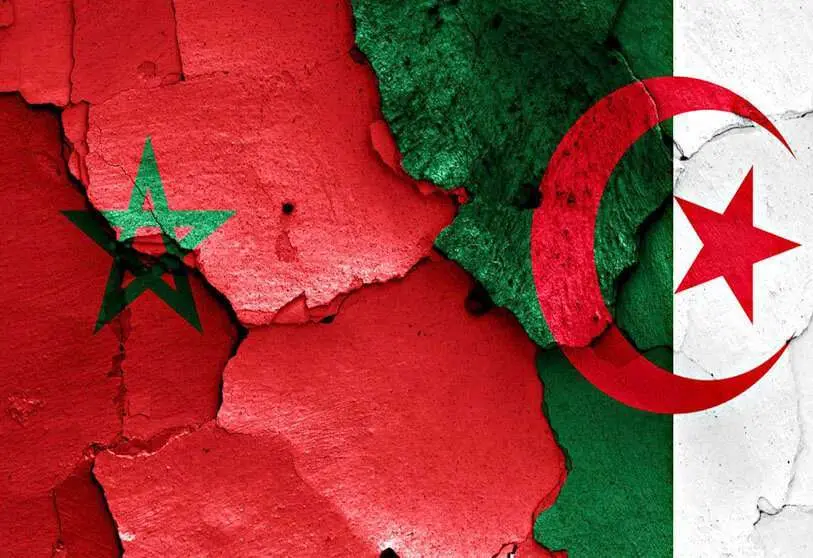Morocco, Algeria and Mauritania: a Bermuda Triangle

The bloc of three countries that make up northwest Africa, Algeria, Morocco and Mauritania, have over time become a veritable 'Bermuda triangle', in which the shifting sands of the Saharan desert have replaced the turbulent ocean waters. All the initiatives emanating from the governments of Algiers, Rabat and Nouakchott are neutralised or absorbed by hidden forces beyond the control of the states.
Almost a year ago King Mohammed VI of Morocco proposed to the Algerian president the establishment of a "bilateral mechanism" to address the whole problem between the two countries "without prior conditions" and "open to all initiatives". There was no response from Algiers. A few days ago it was the turn of the Algerian head of state, Abdelmadjid Tebboune, to point out that "we have no problems between the Algerian and Moroccan people"; and he offered to address them "if they exist". Nor has there been any response so far.
Mauritania, for its part, is attempting to maintain a difficult equable relationship with its two northern neighbours. Its president, Mohammed Ould Cheikh El Ghazouani, who studied at the Moroccan Military Academy in Meknes, is endeavouring to reconcile Morocco and Algeria, on which it depends largely for its economic, mining and commercial development. But his initiatives have so far fallen on deaf ears.
In the middle of the triangle is the Polisario Front movement, which represents part of the population of Western Sahara and, with Algeria's financial, political and military support, is committed to a formula for independence from the former Spanish colony, which has been rejected as uncomfortable by the international community.
The UN Security Council will examine the report that its secretary general, António Guterres, will present in October. Polisario intends to force a discussion on the report, taking advantage of the presence of South Africa, which chairs the aforementioned global security organisation until December.
The movement led by Brahim Ghali from his camps in the Algerian town of Tindouf is committed to setting in motion a Saharawi "civic movement" aimed at blocking the El Guerguerat border crossing between Morocco and Mauritania, through which dozens of lorries and vehicles travel daily in both directions carrying goods to Mauritania and West Africa, on the one hand, and to Europe via Morocco, on the other. One manoeuvre is the border blockade, which is not well regarded by the international community, particularly at this time of deep socioeconomic crisis caused by the COVID-19 pandemic.
Morocco is trying to avoid confrontation with "Saharan civilians" and is speeding up the construction of the port of Lamhiriz on the Atlantic coast, located between the El Guerguerat border crossing and the mega-port of Dakhla, which is still under construction. The Lamhiriz berth could be used by ferries carrying lorries and freight vehicles between the new Moroccan port and the Mauritanian port of Nouadhibou, thus replacing the land border crossing.
The Spanish minister of the interior, Fernando Grande-Marlaska, visited the three capitals concerned, Rabat, Algiers and Nouakchott, and repeated the same message in all three: "To tackle transnational crime, drug trafficking and illegal immigration, we must be united; no problem will find a solution on the basis of confrontation".

